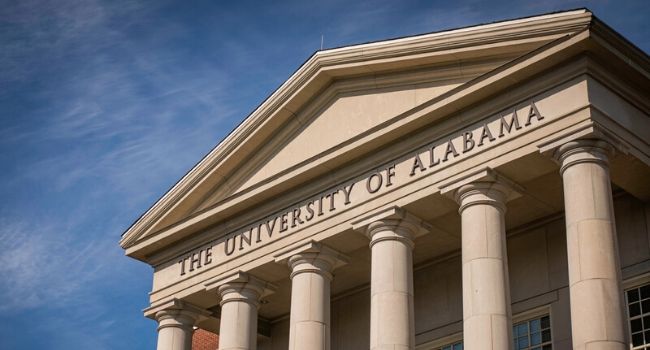
University of Alabama Among Universities Creating Safety Plans For Reopening Campuses
Before students and staff can return after COVID-19 campus closures, administrators must consider factors such as testing, PPE and enhanced cleaning procedures.
- By Haley Samsel
- April 16, 2020
As universities begin to grapple with whether or not to reopen campuses in the fall due to the COVID-19 pandemic, the University of Alabama System announced on Tuesday that it has created a task force to develop plans for its three campuses to be the “safest universities in America” when on-campus classes resume.
Experts from across the UAB Health System have been named to the task force, which will be led by Selwyn Vickers, M.D., the dean of the University of Alabama at Birmingham (UAB) School of Medicine, and Katie Osburne, the director of Risk & Compliance/System Counsel for the UA System. The system includes the main Tuscaloosa campus as well as the Birmingham and Huntsville campuses.
Committee officials will consider factors such as enhanced cleaning measures, classroom procedures and what the provision of coronavirus testing and personal protective equipment would like for faculty, staff and students. The development of a safety plan will also include housing policies as well as health and security programs on campus, according to a university press release.
Other task force members include Jeanne Marrazzo, M.D., who leads the infectious diseases division at UAB Medicine and Craig Hoseley, M.D., the senior associate dean of medical education at the UAB medical school. Student life, student health and academic administrators fill out the rest of the committee.
“We are fortunate that the scientists, doctors and staff at UAB are on the leading edge of efforts to resolve this health crisis,” said Chancellor Fess St. John, who convened the task force. “While it remains uncertain when students, faculty and staff will resume normal activities, no one is better positioned to develop a plan for the health and safety of our campuses than these world-class experts.”
Once the committee produces safety plans for its three campuses, the UA system will make them available to other universities deciding how they will reopen for fall courses -- or postpone in-person instruction until the spring 2021 semester.
Boston University is among several schools already considering that possibility, releasing a recovery plan last week that “envisions the need to consider a later in-person return, perhaps in January 2021” if public health officials determine it is unsafe for people to resume gathering in large numbers on campus. (The university also added a statement that any media reports stating BU was closed for the fall semester were “false.”)
Epidemiologist Eric Feigl-Ding told CNN that universities are making the right choices in acknowledging the precarity of the coronavirus crisis and planning for potentially catastrophic consequences.
"I think colleges should all definitely make plans for delaying start dates and for intermittent closings and reopenings, because epidemiology modeling suggests we may have to go into open and close waves until potentially even 2022," Feigl-Ding said.
About the Author
Haley Samsel is an Associate Content Editor for the Infrastructure Solutions Group at 1105 Media.